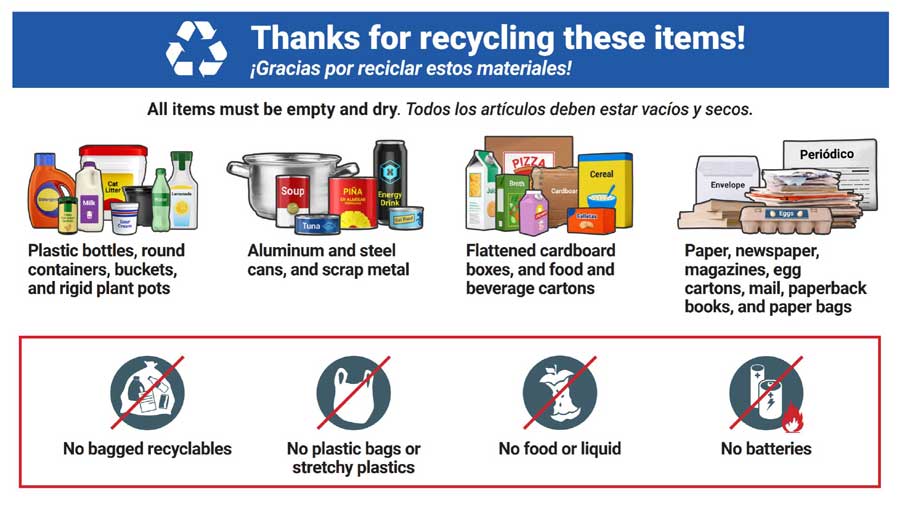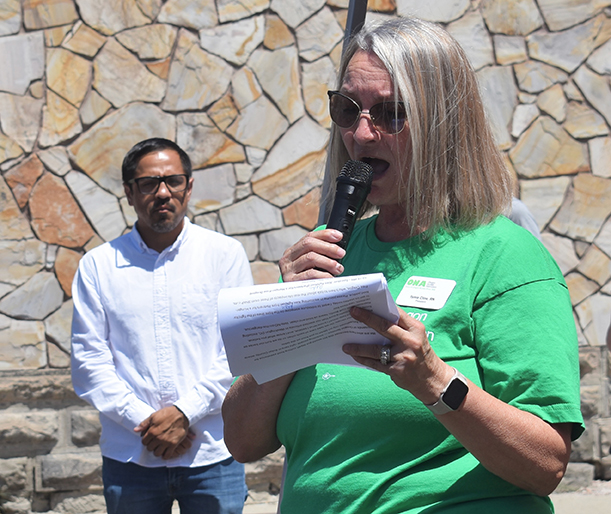OTHER VIEWS: Perspective needed regarding Medical Aid in Dying totals
Published 5:00 am Thursday, April 18, 2024

- other views logo
A story in the Rogue Valley Times calls attention to increases in terminally ill persons using Medical Aid in Dying (MAID), legally allowed by Oregon’s 26-year-old Death With Dignity Act (DWD).
Some perspective is warranted. Of over 44,000 deaths in Oregon in 2023, 367 were by MAID, or 0.8%. In 2018 there were 168, around 0.5%. In 1998, 24 prescriptions were written, and 16 MAID deaths.
The 22 MAID deaths in Jackson County last year were four more than in 2022. Four more dying persons chose to voluntarily ingest life-ending medications and foreclose on uncomfortable remaining days they no longer found worthwhile, usually with immense relief and gratitude.
Annual DWD reports on the Oregon Health Authority (OHA) website show that growth in use of MAID over the past 5 years has accelerated. Several reasons explain this trend:
Greater awareness of its availability;
Less fear by patients of ostracism or rejection by families or providers when bringing up the subject or making a request;
Discouraging use of the term suicide, associated with shame or failure, or physician-assisted suicide (euthanasia) which remains illegal;
Openness by hospice personnel to discuss MAID when a patient brings up the topic;
Referrals by physicians and social workers to an appropriate resource such End of Life Choices Oregon (EOLCOR), who in turn counsel and guide patients through the DWD process, referring to local physician providers when necessary;
Increasing knowledge and experience among physicians who no longer fear being stigmatized by professional societies and colleagues;
Compounding pharmacies which now specialize in preparing life-ending prescriptions;
Telehealth, which increased during the pandemic, now brings medical consultations more readily to very ill patients no-longer able to leave home; and
Prescribing physicians can now exempt patients from the cumbersome 15-day waiting period between requests if death is judged to be immanent, applied to 28% of 2023 prescriptions.
In past years, it was not unusual for eligible patients to die while waiting to qualify for MAID.










